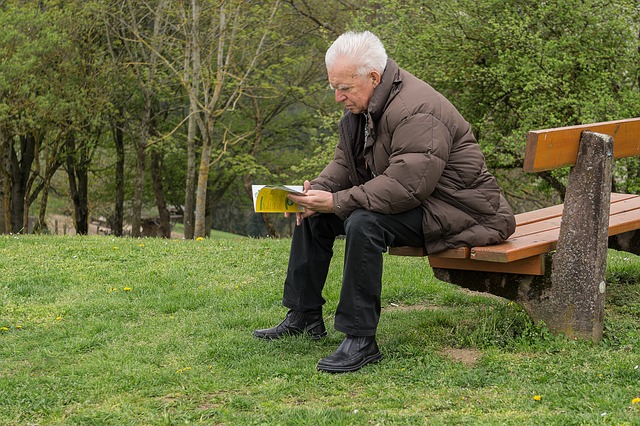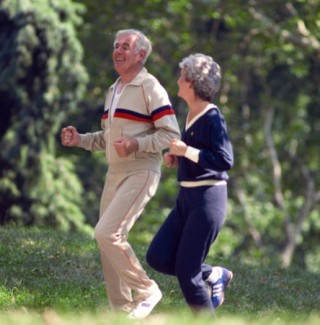After more than 60 years of working you have at last earned your retirement. Now what? You’re so used to having something to do and somewhere to be that, frankly, the idea of not having to do anything is equal parts exciting and daunting. How do you keep your mind stimulated without any problems to solve? How can you cope with the inevitable boredom and restlessness that will kick in once the novelty of retirement has worn off? Fortunately, there are a multitude of things you can do to keep your mind and body active, and here are just a few of them.
Catch Up On Your Reading
Remember those books that you collected on your bookshelves, promising that you’d read them when you had a spare minute? Now, you have all the time in the world. Reading doesn’t have to be a passive and stationary activity either. You can take a dystopian future novel out to park or your nearest natural reserve on a nice day and appreciate the things that the characters in your novel can no longer enjoy. Claim the most comfortable seat in a cafe and make your way through that literary classic that you couldn’t quite understand when you were in school. Get in touch with a reading group at your local library or online, and find people who share your rediscovered love of the written word. By making reading a group activity, you can cultivate your social life and keep your brain active. Who knows, maybe all these authors will inspire you to put pen to paper yourself?
Look After Your Health
Now that you’ve removed yourself from your work environment, you need to address the damage the years of hard work and stress have done to your body. Whether you worked in an office or in a job where manual labor was required, there will certainly be some problem areas that make you feel older than you actually are. By taking care of your health now, you can put off comparing nursing services for a few more decades.
Physical activities like jogging, tennis, golfing, and swimming once a week can keep your body active and begin to set right some of the back problems that are caused by sitting at a desk for several hours a day. Yoga classes can reduce stress and correct your posture.
Look for classes specifically set up for older participants. Other benefit of classes is that you will meet like-minded people and keep your social life active.
Learn A New Language
Perhaps you had plans to travel once you retired. Give yourself further incitement by learning a new language to prepare for your trip. It couldn’t be easier to learn a new language nowadays. Computer-based programs like Rosetta Stone or Duolingo have a wide range of languages to chose from, including Spanish, French, Chinese, or even Russian. If you think you would benefit from a class environment, check to see if there are any lessons in your area.






With a professional online course helper, you can easily manage assignments, projects, and course content. Just say take my online course for me and let us assist you in reaching your academic goals!
Pay Someone To Take My Online Course
We provide support for those looking for ‘Take my GED for me’ or ‘Take my TEAS exam’ solutions. Need help with your GED or TEAS exam? We offer services so you can pay someone to take your GED or TEAS exam, hire someone for exam assistance and solutions.
Pay Someone To Take My TEAS Exam